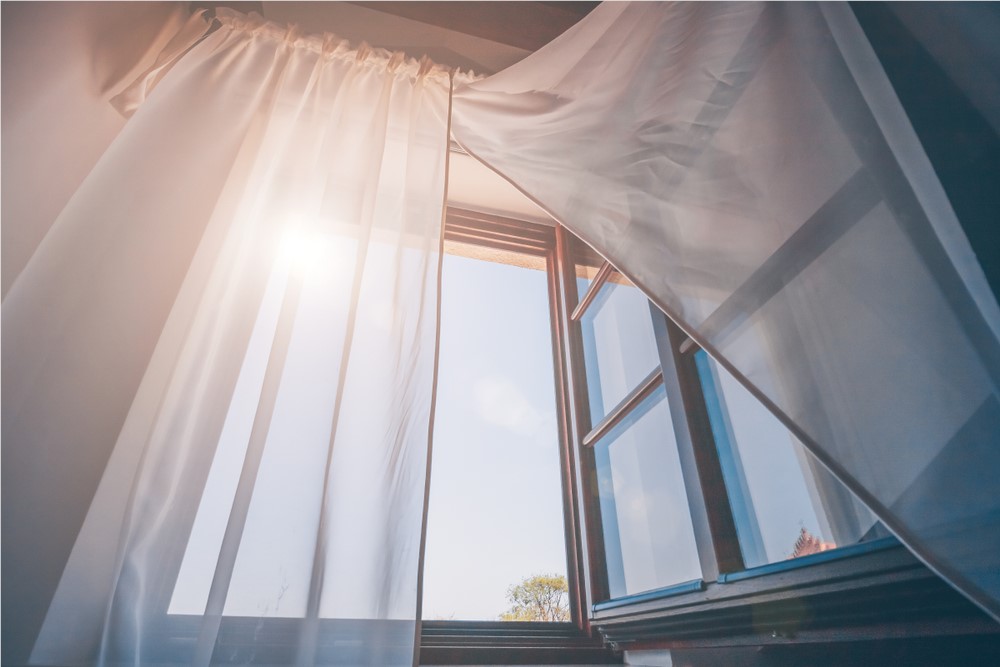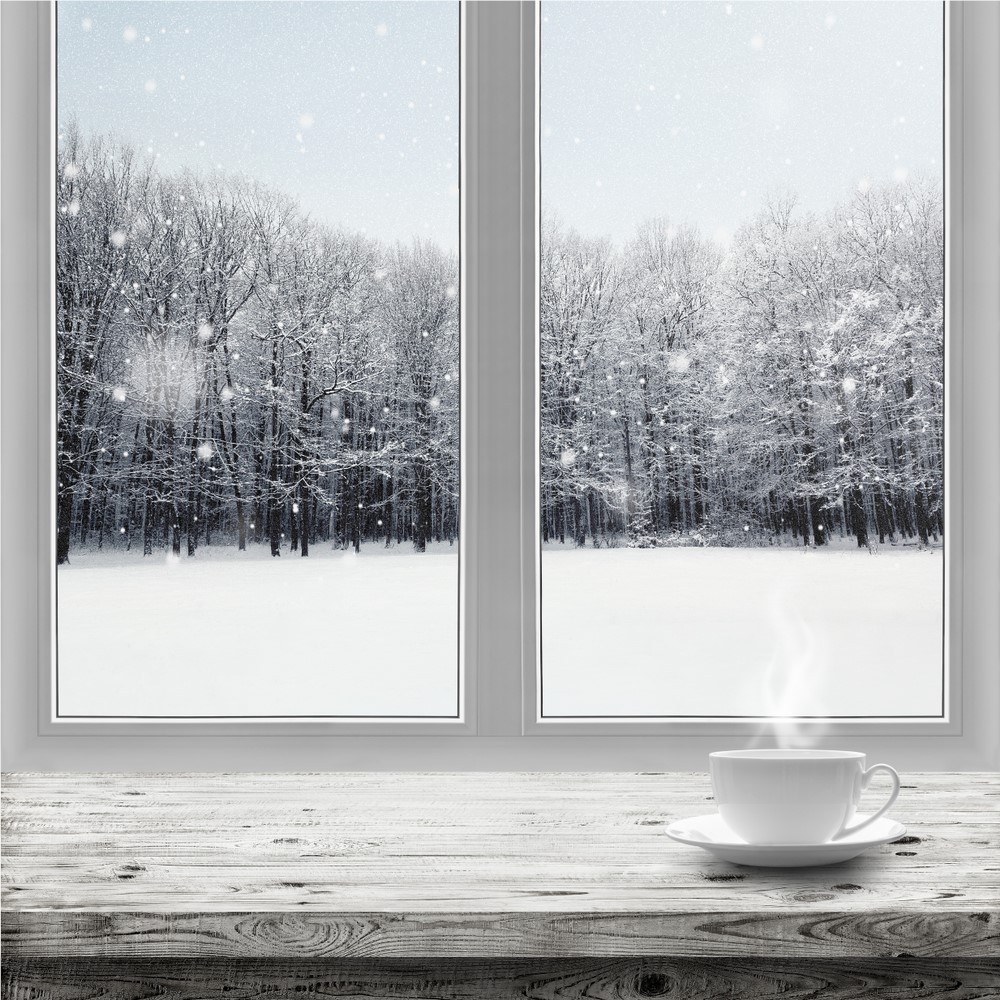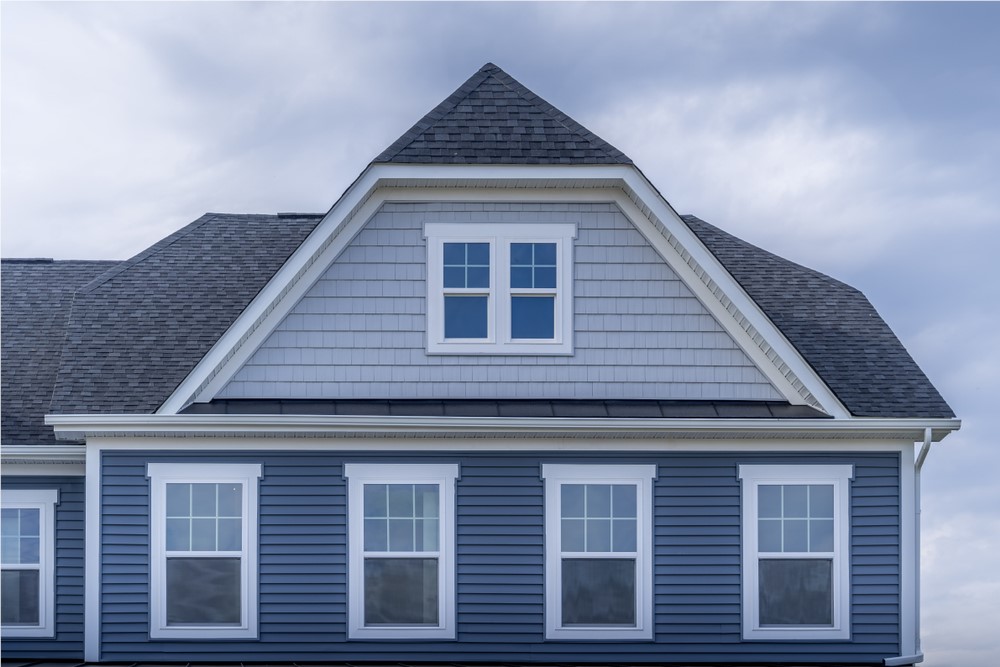If you are living somewhere that either has extremely hot summers, extremely cold winters, or perhaps even both each year, then you are most likely already well acquainted with the fact that weather can have a specific and obvious effect on your energy consumption. This, of course, means more money spent on your monthly energy bill, so it makes a difference for even the least environmentally conscious homeowner. Many people are vaguely aware of the fact that their bill will fluctuate according to the outside weather conditions, but do you know exactly how this all works? Let’s map out some of the main things you need to know when it comes to weather and your energy bill. In general, your heating system is going to reach capacity when temperatures drop below 40 degrees Fahrenheit. It is at this point that the efficiency is lowered, and your prices go up. In other words, more energy is used up to reach that same level of comfort that you had in more moderate temperatures. The same goes for hot weather; once the outside temperature reaches about 100 degrees Fahrenheit, your cooling system is going to be working at or near capacity, meaning the efficiency will be lowered and your spending goes up. The highest amount of spending is not when you have several weeks of extreme heat or extreme cold, but rather if the outside temperature and weather conditions are changing severely day by day. The more changing your heating or cooling system has to do, the more energy that will be used. Then again, after several days of extremely high or low temperatures, you will begin to see a significant difference in your monthly energy bill. During these weather extremes, your heating or cooling system simply has to work harder to reach the same “comfortable” temperature setting that you have chosen. If you are most likely to experience extremely cold weather, pay attention to the type of heating that you have. If you are primarily using portable heaters or strip heaters, your energy consumption is going to be a lot higher than with other types of heating systems. Change your thermostat to a colder setting while you are away at work for the day and no one is in the house, as any extra heating during this time is a waste of energy (and money). If you live where there are hot summers, your energy bill will likely be made up of 50% of it being used for cooling alone. It is particularly susceptible to extra energy consumption when the weather is humid; even if the temperature isn’t any higher, homeowners are more likely to turn down the thermostat in humid weather, making a higher energy bill. One way to save energy is to keep your home cooled to 78 degrees Fahrenheit or higher, but then keep the fan switched to “auto.” Additionally, make sure to raise the temperature to more than 82 degrees Fahrenheit for times when you are away from home. Also, keep the air conditioner filter clean to make things running more efficiently, and effectively lowering your energy bill.
Subscribe to Energy Home Pros's Blog





Comments